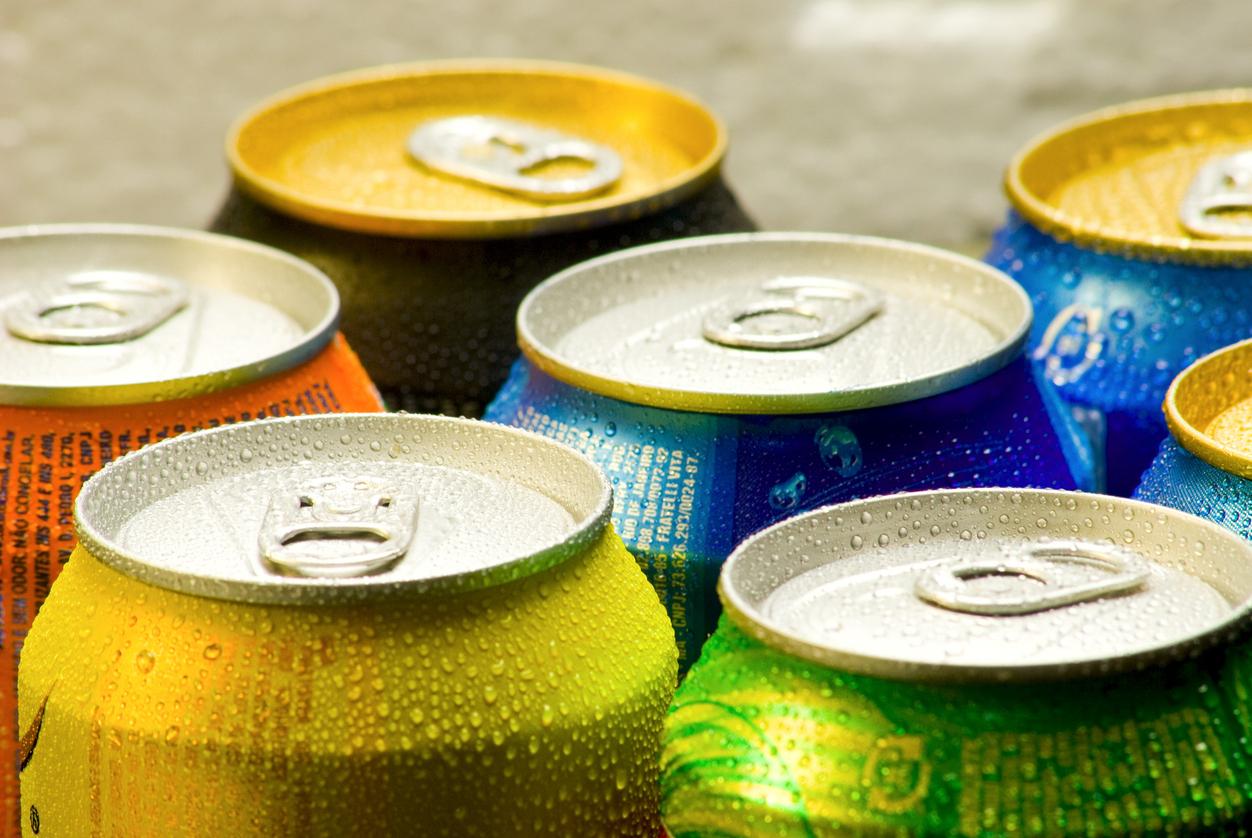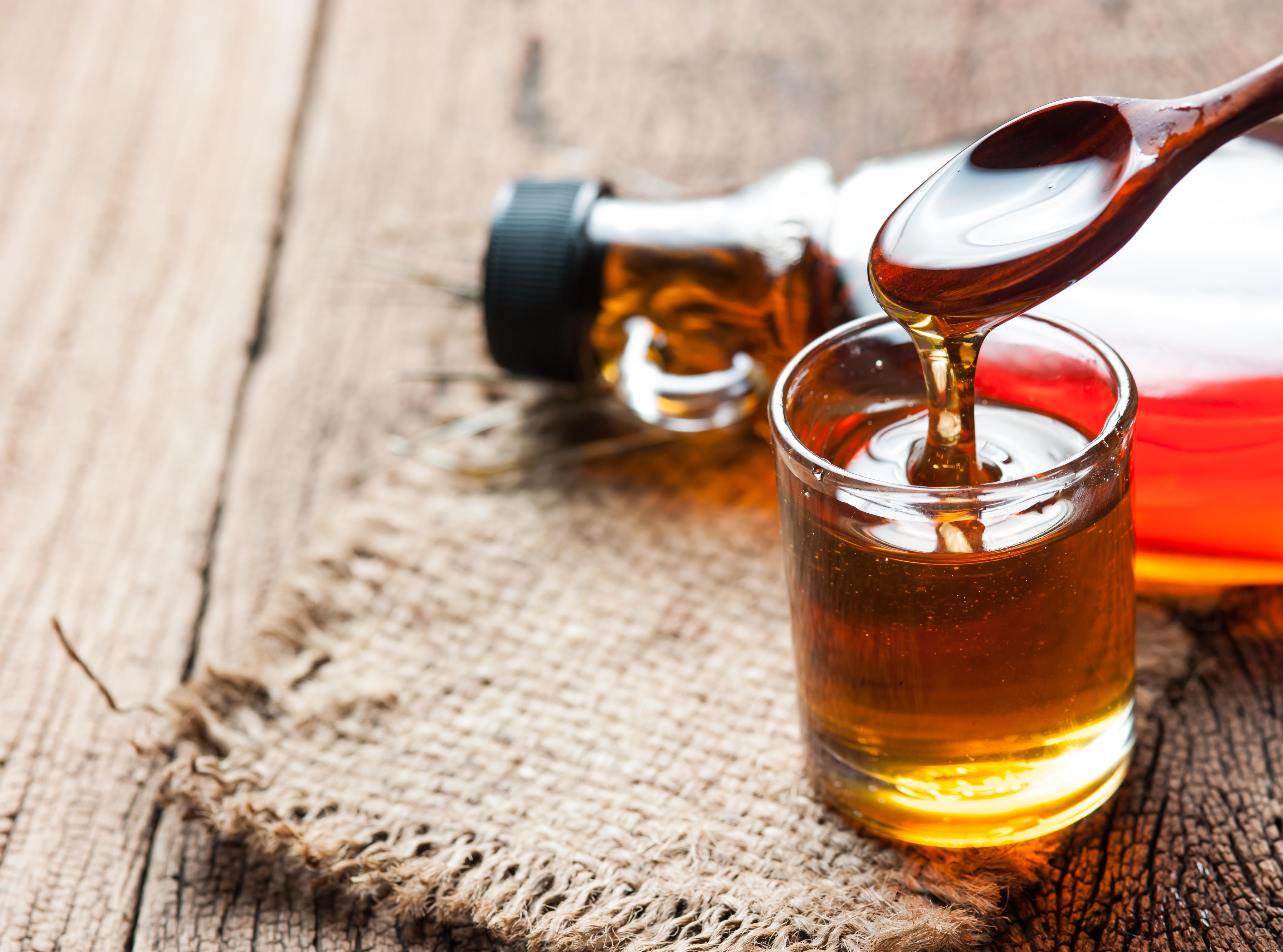In the UK, a 30-year-old woman with a rare genetic condition spent three days in a coma after mistakenly drinking a Pepsi Max instead of a regular Coke. His body can’t stand aspartame, an artificial sweetener found in diet drinks.

A sip that could have been fatal. In the UK, a 30-year-old Briton spent three days in a coma after having a violent reaction to aspartame, an artificial sweetener found in diet drinks after a waiter mistakenly served her a Pepsi Max instead of a regular Coke. The mother of the family suffers from a rare genetic disease called phenylketonuria.
At her usual bar, Elizabeth Perkins, who lives in Swadlincote in Derbyshire, ordered “a normal coke”, stressing “it must be normal as usual to the bartender”, as she told the DailyMail. However, it seems that the waiter did not understand her well since he gave her a Pepsi Max, a zero-calorie drink without sugar from the PepsiCo brand.
“After having taken my first sipI immediately knew that this had a strange taste. I could feel the beginning of usual symptoms, as if I was going to be sick. I immediately felt dazed and I saw the room darken as my body tried to fight against the reaction”, recalls the 30-year-old. And to continue: “I took less than a sip of soda … and I was taken to hospital where I was in a coma for three days.
One in 15,000 births
Like her two sons, Matthew and Jacob, Elizabeth, now out of the woods, suffers from a rare genetic condition called phenylketonuria (PKU) which affects one in 15,000 people. the latter is metabolized into phenylalanine, an amino acid that she cannot digest, her body not having the necessary enzymes. The sweetener then acts as a poison, causing vomiting and dizziness. Well aware of her affliction, the young woman is therefore always very careful when she eats or drinks outside. But, according to her, her life has become much more complicated since the introduction of a sugar tax in the United Kingdom in April 2018 to fight obesity and dental caries.
“Since the sugar tax came into force, everything seems to contain the artificial sugars dreaded (…) now it’s easier for me and my sons to just give up going out. We know exactly what we have at home,” she laments. “I don’t think people realize how much (replacing regular soda with diet) makes a big difference and, since the sugar tax, fewer and fewer establishments are serving normal drinks”, she protests. “Some people automatically give you the low-sugar or no-sugar versions, but for me , this error could have been fatal”.
Laboratories are also using more and more artificial sugars in their products.
But’aspartame is not a source of concern only in restaurants and bars. Indeed, more and more laboratories prefer this sweetener to sugar for their products. A day when her son was 41 ° degrees fever, Elizabeth had to go through several pharmacies to find the formula of the drug without aspartame, she recalls.
Phenylketonuria is the most common inborn abnormality of metabolism. Fortunately, this is a treatable affliction and, when optimally conducted, allows normal intellectual development. In France, a screening test is systematically carried out at three days of life in order to determine if the child has it. In this case, it will be necessary to establish an early treatment consisting in normalizing the levels of phenylalanine essentially thanks to a low-protein diet. Drug treatment can sometimes be associated. If the patient is not diagnosed, he will develop a developmental delay as well as behavioral disorders (hyperactivity) and motor skills. He may also suffer from convulsions, tremors, eczema or even vomiting.
.















